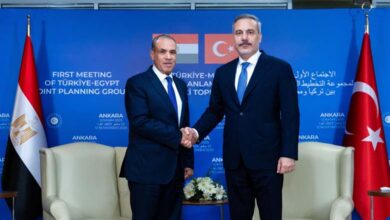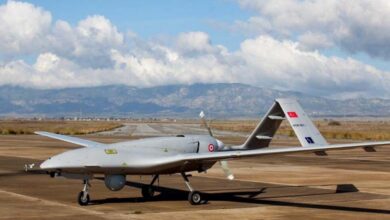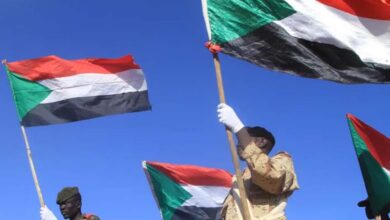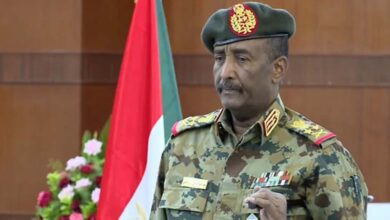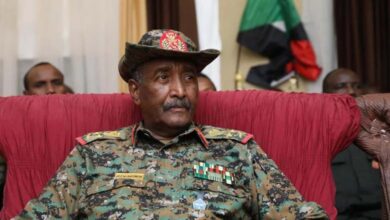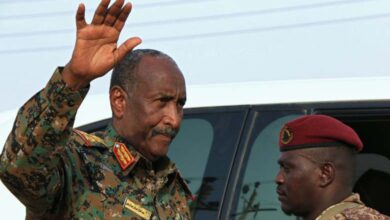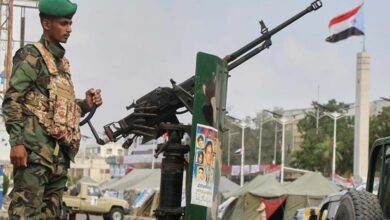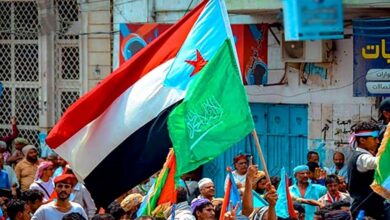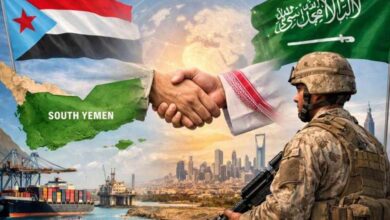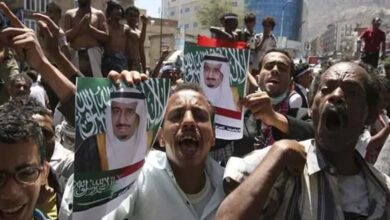Sudan at a Crossroads: Islamists Back the Army to Prolong Military Rule
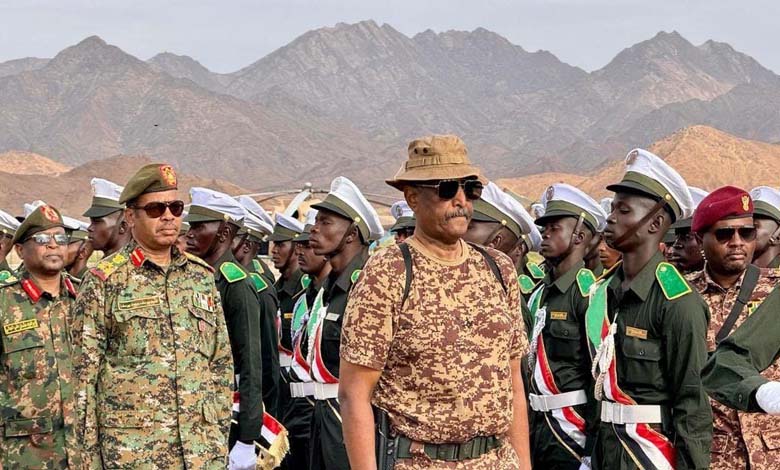
Since the outbreak of war between the Sudanese army and the Rapid Support Forces in April 2023, Sudan has entered a deeply entangled political and military crisis. This complexity has intensified with the apparent reemergence of the Islamist movement. A Reuters report dated July 25, 2025, indicates that this movement, closely linked to the former Bashir regime, is actively working to rebuild its political influence with direct support from the armed forces in Port Sudan, amid growing talk of a prolonged, army-dominated transitional phase.
-
Is Sudan Moving Closer to Designating the Muslim Brotherhood as a Terrorist Group?
-
Sudan: The Muslim Brotherhood Attempts to Infiltrate the National Umma Party
Islamists Betting on the Ballot Box
In provocative statements, Ahmed Haroun — leader of the now-dissolved National Congress Party and wanted by international justice — revealed that the upcoming elections represent a golden opportunity for his party and the Islamist movement to return to power. He emphasized that the army would continue to hold power even after the cessation of hostilities. These declarations show that the Islamists are not only infiltrating military structures, but are also preparing for a “legitimate” comeback through elections.
External Alliances Reshaping the Landscape
Reuters reported that key Islamist figures have reactivated old networks with Iran, Turkey, and Qatar to supply the Sudanese army with weapons and logistical support. These developments signal the emergence of a new political-military axis in the region. It reflects an Islamist strategy to leverage regional ties to strengthen the army’s position against forces pushing for a civilian-led transition — particularly the UAE.
-
Are the Muslim Brotherhood Regaining Influence in Sudanese Trade Unions?
-
Al-Burhan Reshuffles Ministries by Force: A New Power Grab Threatens Sudan’s Peace Process
UAE Pushback Against Islamist Resurgence
The United Arab Emirates has long opposed the rise of political Islam across the region. It supported Sudan’s civilian factions and played a crucial role in the 2019 ousting of Omar al-Bashir. However, the current rapprochement between Sudan’s army and Islamist elements — and renewed cooperation with the Iran–Turkey–Qatar bloc — is redrawing the lines of tension between Khartoum and Abu Dhabi. These tensions have been aggravated by Sudanese accusations that the UAE is backing the Rapid Support Forces, with both sides trading accusations on international platforms.
Internal Implications
The growing influence of Islamists within the Sudanese army risks cementing military dominance over political life, sidelining revolutionary forces and civil society. Rather than a democratic transition reflecting the goals of the 2018 December revolution, Sudan appears headed for a “long military transition” dominated by security structures and firepower — with elections designed to serve the most organized and well-funded factions.
-
Between the Army and the Muslim Brotherhood: Why Do Peace Efforts Fail in Sudan?
-
Power and Influence Struggles: Infighting Rocks Sudanese Army Alliances
Regional Impact
The return of Islamists in Sudan is not merely a domestic concern. It risks reigniting regional axis rivalries in the Red Sea and the Horn of Africa. Given Sudan’s strategic location, any pivot toward the Iran–Turkey–Qatar axis could escalate competition with the pro-civilian transition powers, chiefly the UAE and Saudi Arabia.
Reuters’ report highlights a critical turning point in Sudan’s war. While Islamists seek a path back to power through military alliance, the army appears focused on solidifying its control by extending the transition. Trapped between these forces, the Sudanese people remain the greatest victims — suffering under a severe humanitarian crisis and deprived of a clear roadmap to lasting stability.


